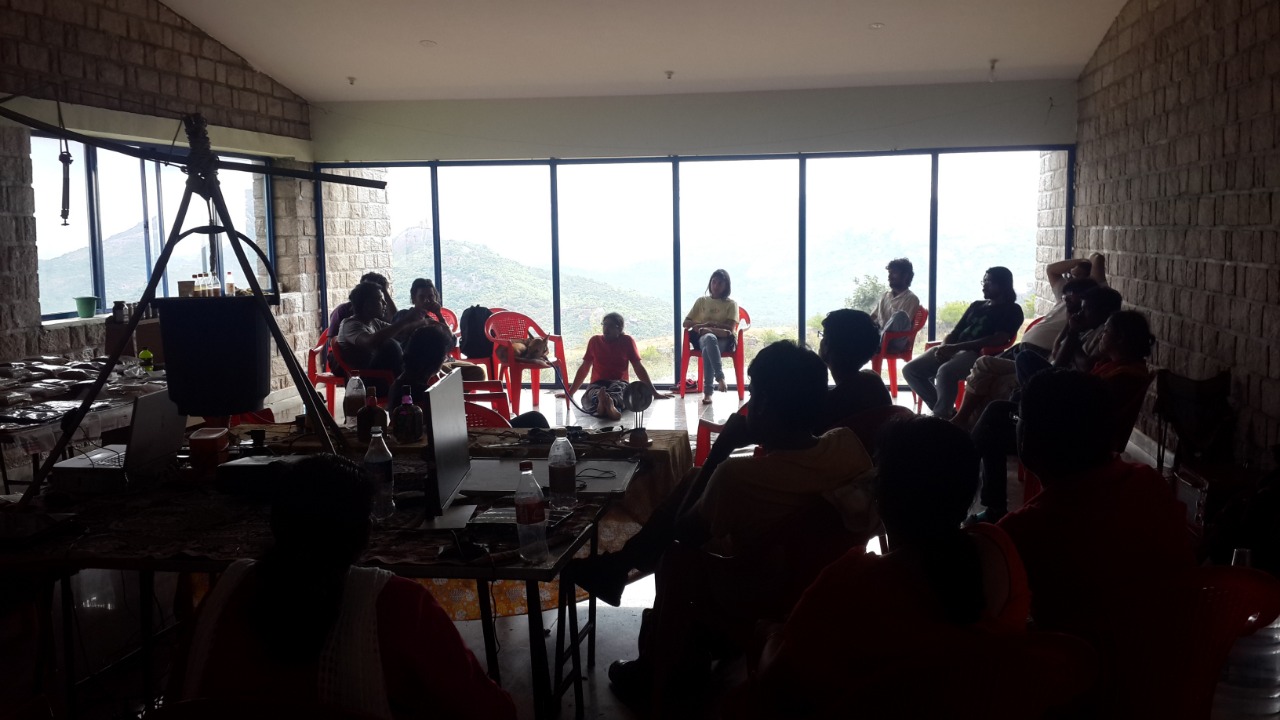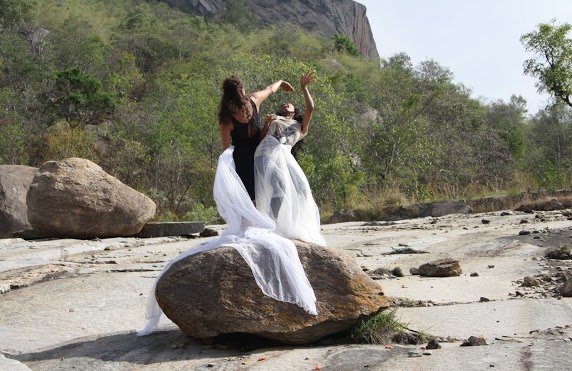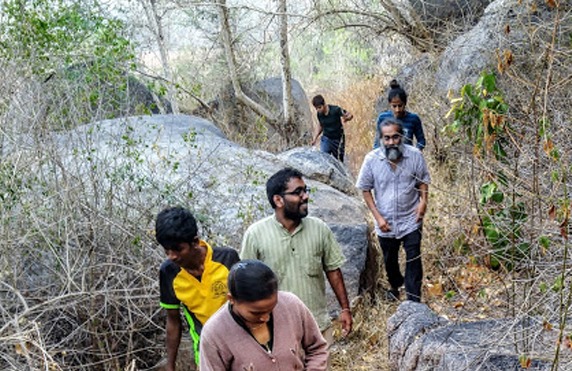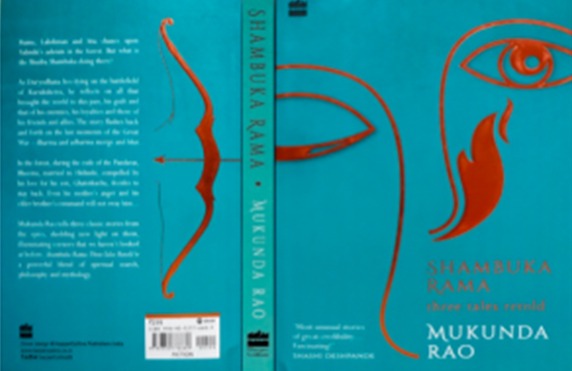Iruway
IruWay is a collectively owned farm that aspires to be an inclusive laboratory of holistic technology exploration.
IruWay can also be spelt iruve which in Kannada means ant. Ant is no doubt a marvelous creature. It can carry objects nearly 20 times heavier than itself. It never gives up, and always finds a way. However what inspires us more than just the industriousness of ants, is how they collaborate to build complex structures, especially anthills. An anthill, though very simple-looking from the outside, the complexity of the structure just beneath the surface is mind-blowing. Similarly the farm, itself collectively owned, hopes to bring people from different domains together and in turn bring about an intermingling of thought systems giving birth to eye opening new productions.
The second interpretation of the name is when we split iruway as Iru and Way. Iru in Kannada means be. We hope living in the farm will show us the way of being:
Way to farm naturally
Way to live sustainably
Way to use body and mind optimally
Way to work with people of diverse backgrounds collaboratively
And just simply the Way to Be and Let It Be !!!
The farm is located on the foothills of Devarayandurga near Durgadahalli village in Tumakuru district. The region is encircled by a cluster of rocky hills and thick forests, which provides plenty of routes for casual treks. Iruway is inside the HaLekote (old fort) hamlet which is encircled by a reserved forest and is in the outer of the seven fortresses of an old empire. It is just a climb away to the famous Devarayanadurga hill station. It is home to Bhoganarasimha and Yoganarasimha temples built by the 14th king of Wodeyar dynasty of Mysore in 17th century. The area has four villages in a 6 KM radius. Durgadahalli is known for horticultural produce while Thimmnayakana halli people are mostly labourers.
A good morning stroll from the farm takes you to scenic Durgadahalli kere (lake), where you can see the hustle-bustle of few village activities.

Pallet Racks by Jaaga is a livable rack space that encourages technology exploration by rural girls. A collaboration with hackerfarm.in - a nearby co-learning space.

Crafter Space Eco-friendly. Handmade.
Mitan and Janastu have been working together in exploring an integrated space that integrates maker space activities into rural craft community.

A community WiFimesh radio, and makerspace of crafterspace encourage and involve local girls to explore and manage these spaces.

The transformative potential of indigenous knowledge production, archiving and storytelling in a decentralized wifi-mesh context is likely going to lead to alternate possibilities of development for low-literate and remote communities.

Free Butoh School in the Jungle
For more details visit : https://sites.google.com/view/butoh/tumkur

As a collective with various approaches to natural, organic and permaculture, we invite enthusiasts to explore models for creative engagements.

Writer Mukunda Rao and strong Woman Renu Mukunda are the 1st residents on the farm. Kotemane is built using mud tile bricks.

We have 12 bicycles from Namma Nimma Cycle Foundation who actively works with the community to enable bicycle sports across India and Global.
